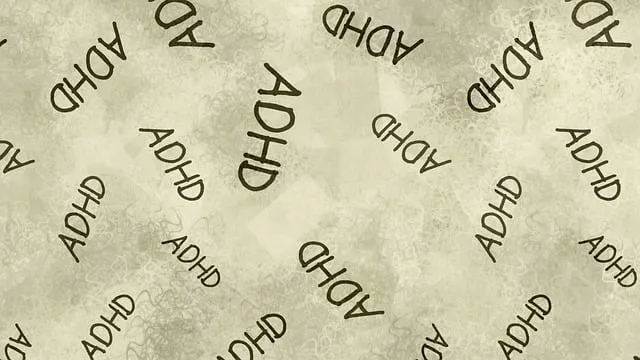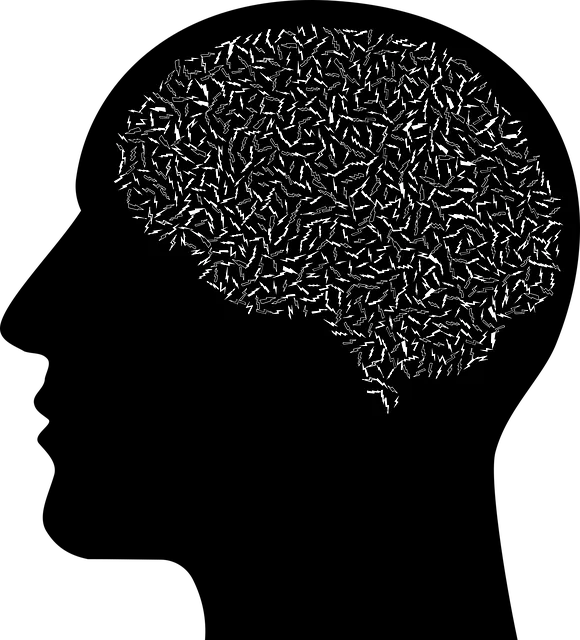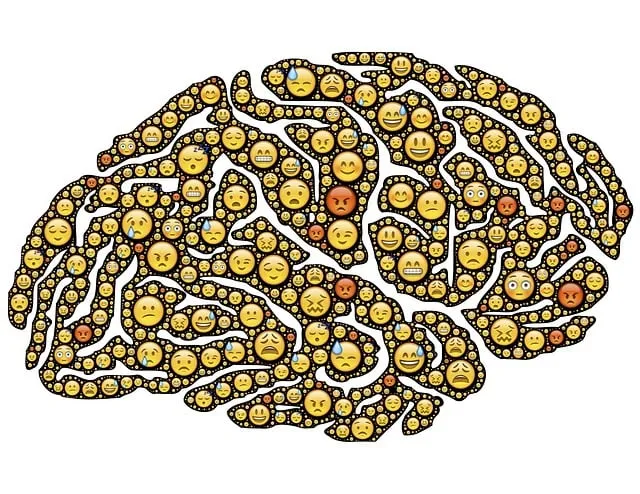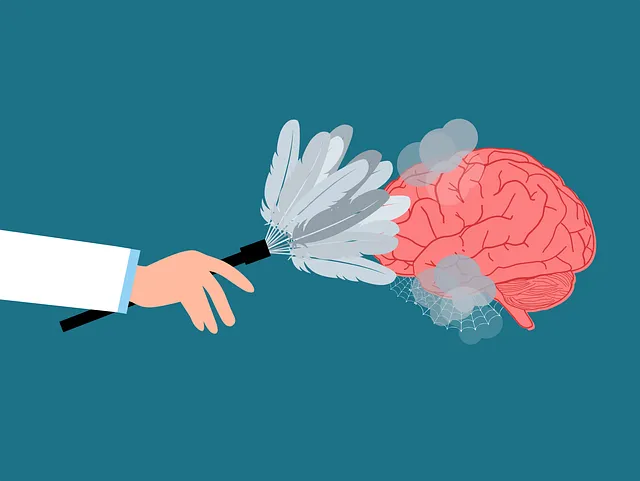Northglenn Kaiser Permanente psychiatry departments offer safe, peer-led mental wellness groups enriched by structured activities and emotional regulation techniques. These groups, facilitated by trained professionals, enhance accessibility through Community Outreach Program Implementation. Key strategies include active listening, emotion validation, inclusive language, conflict resolution, and risk management planning. Backed by successful psychiatry reviews, these practices create supportive environments fostering open communication, peer learning, and improved mental wellness outcomes, evaluated via quantitative and qualitative methods.
Mental wellness group facilitation plays a pivotal role in supporting individuals navigating challenges. This article explores techniques used by facilitators at Northglenn’s Kaiser Permanente psychiatry department, focusing on creating supportive environments and fostering active participation. We delve into effective communication strategies, understanding the dynamics of mental health groups, and measuring success through the lens of expert reviews. These insights empower professionals to enhance group facilitation outcomes.
- Understanding Mental Wellness Groups: The Role of Facilitators
- Effective Communication Strategies for Group Settings
- Creating a Safe and Supportive Environment
- Techniques to Encourage Active Participation
- Measuring and Evaluating Group Facilitation Success: Kaiser Permanente Psychiatry Reviews Perspective
Understanding Mental Wellness Groups: The Role of Facilitators

Mental wellness groups play a vital role in supporting individuals navigating various challenges related to their emotional well-being. These supportive gatherings provide a safe space for members to connect, share experiences, and gain insights from peers facing similar struggles. Facilitators, often trained professionals like those at Northglenn Kaiser Permanente psychiatry departments, are crucial in guiding these groups. They create an environment conducive to open dialogue and foster meaningful interactions.
Effective facilitators not only ensure structured sessions but also encourage active participation, promote emotional regulation through various techniques, and facilitate mood management discussions. The Community Outreach Program Implementation within such groups can enhance accessibility and support for individuals seeking help. By skillfully navigating group dynamics, facilitators enable members to develop coping strategies, improve emotional resilience, and build a sense of community, ultimately contributing to improved mental health outcomes.
Effective Communication Strategies for Group Settings

In mental wellness group settings, facilitators play a vital role in fostering open and honest communication. One effective strategy is to encourage active listening, where each participant feels heard and valued. This involves not just paying attention to words but also picking up on non-verbal cues and validating emotions expressed by group members. Facilitators should model this behavior, demonstrating empathy and understanding to create a safe space for sharing. Additionally, using inclusive language and promoting diverse perspectives ensures everyone feels comfortable contributing.
Northglenn Kaiser Permanente psychiatry reviews often highlight the importance of effective communication in group therapy. Techniques like reflective listening, where facilitators paraphrase and summarize statements, can enhance mental health awareness. Moreover, incorporating interactive activities and exercises that encourage dialogue helps in stress reduction methods. For mental health professionals, risk management planning should include strategies to handle communication challenges, ensuring they are equipped to navigate diverse group dynamics effectively while prioritizing their well-being.
Creating a Safe and Supportive Environment

In facilitating mental wellness groups, establishing a safe and supportive environment is paramount. At Northglenn Kaiser Permanente, renowned for its psychiatry reviews, this approach forms the bedrock of effective group therapy sessions. Creating such an atmosphere involves cultivating a non-judgmental space where participants feel empowered to share their experiences openly. This can be achieved through active listening, validating emotions, and fostering mutual respect among group members. By implementing a Community Outreach Program that emphasizes inclusive practices, facilitators can ensure everyone feels welcomed and valued, which is essential for building trust and encouraging vulnerability.
Additionally, incorporating Conflict Resolution Techniques into the facilitation process enables participants to navigate challenges constructively. Encouraging positive thinking within this safe haven empowers individuals to challenge negative thought patterns and promote healthier coping mechanisms. These techniques, combined with a supportive environment, can significantly contribute to improved mental wellness outcomes, as backed by Northglenn Kaiser Permanente’s successful psychiatry reviews.
Techniques to Encourage Active Participation

In facilitating mental wellness groups, encouraging active participation is key to creating a supportive and engaging environment at Northglenn Kaiser Permanente psychiatry reviews. Techniques such as open-ended questions and round-robin discussions foster dialogue, allowing members to share their experiences and insights openly. This interactivity not only promotes peer learning but also helps individuals feel heard and valued, strengthening the therapeutic bond.
Leveraging resources like the Mental Wellness Podcast Series Production can further enhance these sessions by providing a platform for diverse perspectives and evidence-based practices. Additionally, integrating Mental Health Policy Analysis and Advocacy into group discussions encourages members to explore broader contexts of mental wellness, fostering a sense of agency and empowerment. Crisis Intervention Guidance should also be readily available, ensuring that facilitators are prepared to handle sensitive topics or sudden shifts in conversation, maintaining the safety and well-being of all participants.
Measuring and Evaluating Group Facilitation Success: Kaiser Permanente Psychiatry Reviews Perspective

Measuring success in group facilitation is an essential aspect of ensuring positive outcomes for participants, as highlighted by Northglenn Kaiser Permanente psychiatry reviews. The review emphasizes that evaluating group sessions goes beyond simple satisfaction surveys. It suggests a comprehensive approach that includes quantitative and qualitative methods to assess the impact of facilitation techniques. By integrating Self-Awareness Exercises, Resilience Building, and Compassion Cultivation Practices into the evaluation process, facilitators can gain valuable insights into the group’s dynamic and progress.
These practices allow for deeper understanding of individual and collective growth. For instance, tracking improvements in communication patterns, emotional regulation skills, and overall group cohesion provides tangible evidence of successful facilitation. Moreover, qualitative feedback from participants can reveal nuanced changes in their mental wellness journey, offering a more holistic view of the group’s success.
Mental wellness group facilitation is a powerful tool for fostering community and supporting individuals in Northglenn, as highlighted by the comprehensive insights from Kaiser Permanente psychiatry reviews. By implementing effective communication strategies, creating safe spaces, and encouraging active participation, facilitators can revolutionize mental health care. These techniques not only enhance group dynamics but also ensure that every member feels valued and empowered to navigate their journey towards wellness. Understanding these facilitation methods is key to building supportive networks that have a lasting impact on the lives of those seeking help in Northglenn and beyond.






